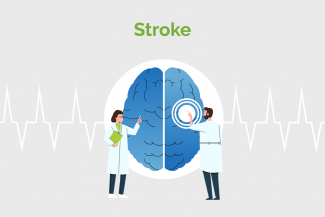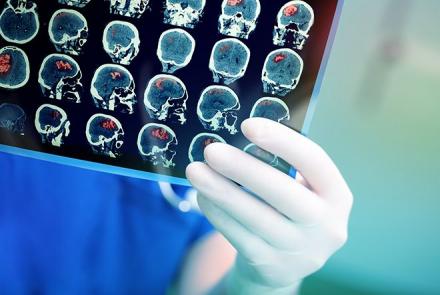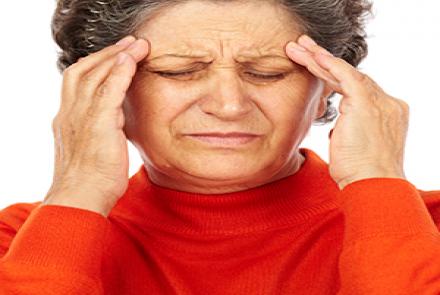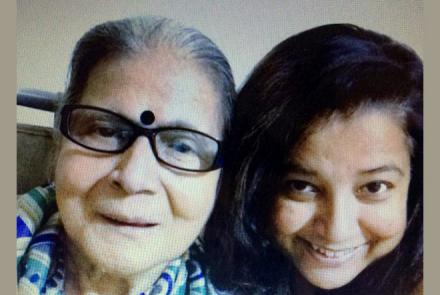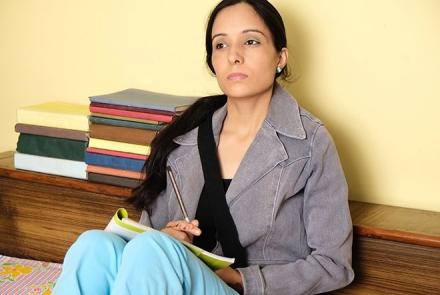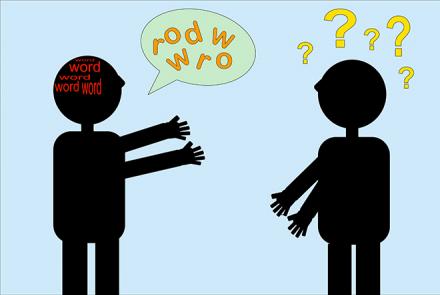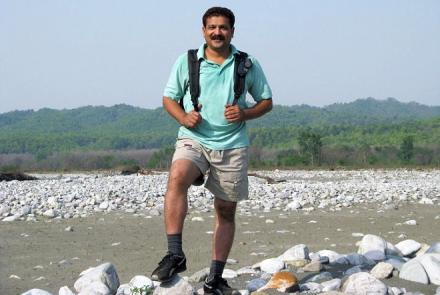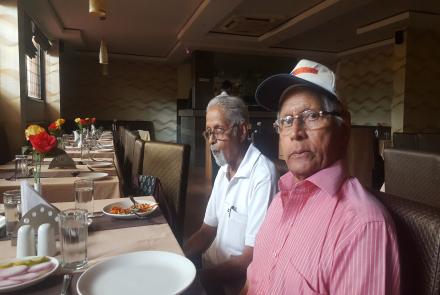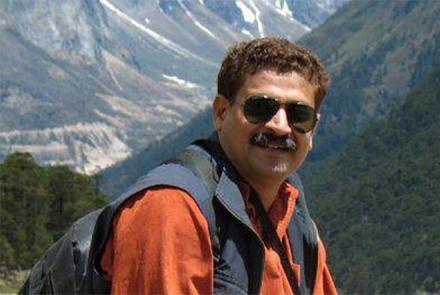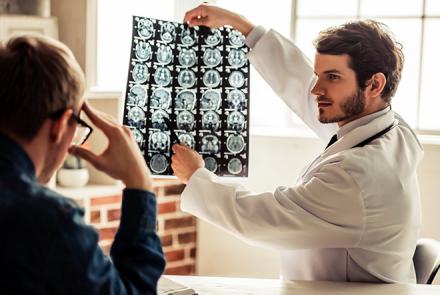A stroke is caused by the interruption of the blood supply to the brain, usually because a blood vessel bursts or is blocked by a clot. This cuts off the supply of oxygen and nutrients, causing damage to the brain tissue.
The effects of a stroke depend on which part of the brain is injured and how severely it is affected. A very severe stroke can cause sudden death.

Can it be prevented?
You can lower your risk of getting a stroke by doing the following:
- Control and reduce high blood pressure
- Avoid fatty foods
- Avoid high carbohydrate intake
- Do not smoke tobacco
- Control your diabetes
- Stay active
- Manage your heart
Changed
10/Feb/2022
Condition

